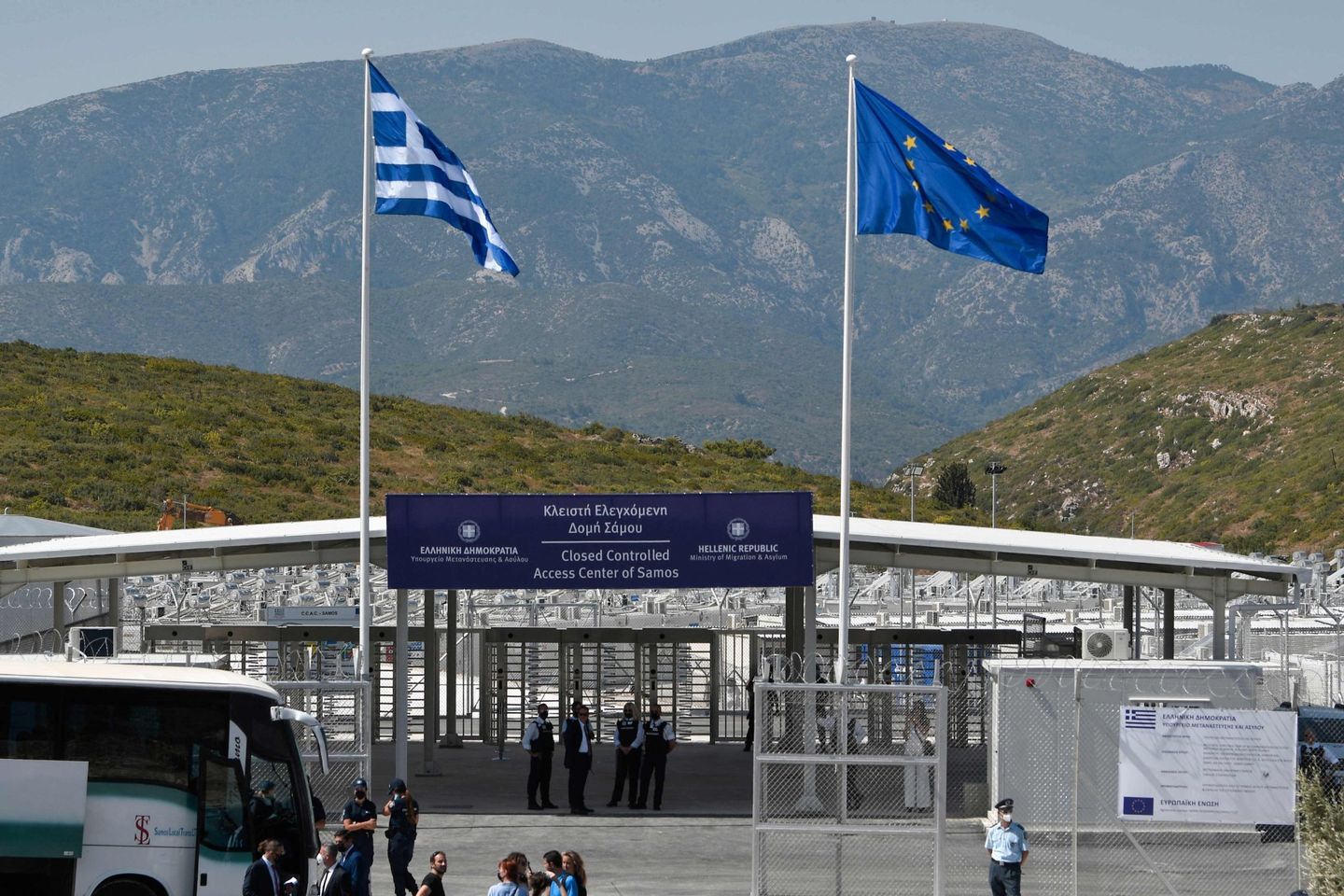Asylum Determination in Europe is a 2019 book by the political geographer Nick Gill and anthropologist Anthony Good
Western states are deeply contested over the asylum issue as a result of a contradiction between the need to portray themselves as members of shared communities with shared values, including the right not to suffer persecution. Whether someone is allowed entry and residence on the territory of a modern state is a discretionary right assumed by that state. The “schizophrenic response” of European states, in which they continue to embrace asylum, but spurn asylum seekers and only reluctantly offer protection.
Among the manifestations of this schizophrenia is the repeated invocation of the trope of “crisis” in relation to asylum seekers. The “refugee crisis” that dominated European political attention in 2015–2016 was a particularly intense manifestation of the moral panic that has surrounded asylum and immigration more generally for decades. Politicians and the media often use fluvial or animal metaphors to describe this “crisis”, such as comparing the arrival of asylum seekers to a “flood”, “tide”, “torrent”, or “wave” that threatens to swamp the recipient society, or to a “stampede”, “flock”, or “swarm” with a similar potential to overwhelm the country.
Both types of metaphor are clearly racist and dehumanizing, but they also both employ a rhetorical ruse in relation to the notion of disaster. On the one hand, immigration itself is represented as a “natural” disaster. This view implicitly relieves liberal democracies of their own responsibilities for the immigration pressures they experience: responsibilities rooted in the often invisible “systemic violence” of global capitalism, historical exploitation, unequal trading relationships and neo-colonialism of which they are a part.
In this elision of asylum as crisis, asylum seekers are viewed as cultural, economic, or security threats. Asylum in crisis systems for regulating the number of applicants, deciding upon the validity of their claims, and deporting those whose claims are deemed false are seen as inadequate mechanisms for reproducing dominant asylum discourses. Specifically, it affords the opportunity to project the supposed disaster of migration onto an evidently disastrous administration.
It is difficult to isolate a single root cause of the inadequate approach to refugee protection in Greece but economic factors must be seriously considered. The economic downturn that began in Greece in 2009 following the world financial crisis of 2007–2008, and culminated in Greece becoming the first developed country to miss an International Monetary Fund loan repayment in 2015, has been accompanied by significant economic hardship across the country. This is evident in widespread job and income losses, as well as increasing levels of inequality. Almost one in ten people in 2012 were found to be not just in relative, but in extreme poverty in the sense of being unable to purchase the basic necessities consistent with dignified living.
In turn, “the economic crisis has brought a massive realignment of the Greek electorate away from mainstream parties, giving rise to anti-system and anti-immigrant sentiments”. Symptomatic of this realignment is the rise of Golden Dawn, a far-right nationalist Greek political party, whose vote share in national elections increased from 0.29% in 2009 to 6.97% in May 2012 and 9.39% in 2014, with its popularity among young voters almost double this.
Contemporary refugees in Greece are often viewed in negative and hostile terms. They are seen to represent a burden on the host country, and a particular source of discontent arises when refugees are perceived to have a better life than some of the Greeks themselves. While it is to the credit of the Greek news media that they apparently do not associate refugees with terrorists to the extent that the British press do, the perception that refugees enjoy better treatment by the state than Greek homeless people is a key source of political and social tension. Indeed, the incidence of racist attacks rose during the height of the refugee crisis in 2015, with 273 incidents of racist violence recorded during that year. This violence coincided with more attacks on human rights activists and “alarming” rates of involvement of law enforcement officials in incidents of racist violence.
The well-being of the asylum seekers and refugees in Greece is challenged further by the replacement of the term “refugee” with the term “λαθρομετανάστης” (clandestine) in public discourse, mainly carried out by the media. This altered lexicon marks a distinction between the 1923 refugees who are strongly connected to the notion of national identity, and contemporary refugees. Although at the beginning of their settlement the 1923 refugees were in many cases treated as foreigners and described as Turk-originating, nowadays they are widely perceived as Greeks who survived a tragedy, and therefore of the same ethnicity as the host population. Contemporary refugees however, are viewed as foreigners, since their national identity is other than Greek.
The use of the term clandestine therefore deprives contemporary refugees of a semantic link to the positively-viewed refugees of the previous century. In Greek society, no distinction is made between foreigners and strangers: all of them are considered clandestine. The lack of distinction between migrants and refugees derives from the fact that they are all “non-Greeks”. The reasons for their migration are not considered important enough to classify them as refugees. The 1922 refugees fought and fled from a national enemy, Turkey; although contemporary refugees have fled their enemies too, these enemies are not Greece’s national enemies. Therefore, the identity label of “refugee” seems to be reserved for migrants with a suitable national origin and a suitable enemy.








